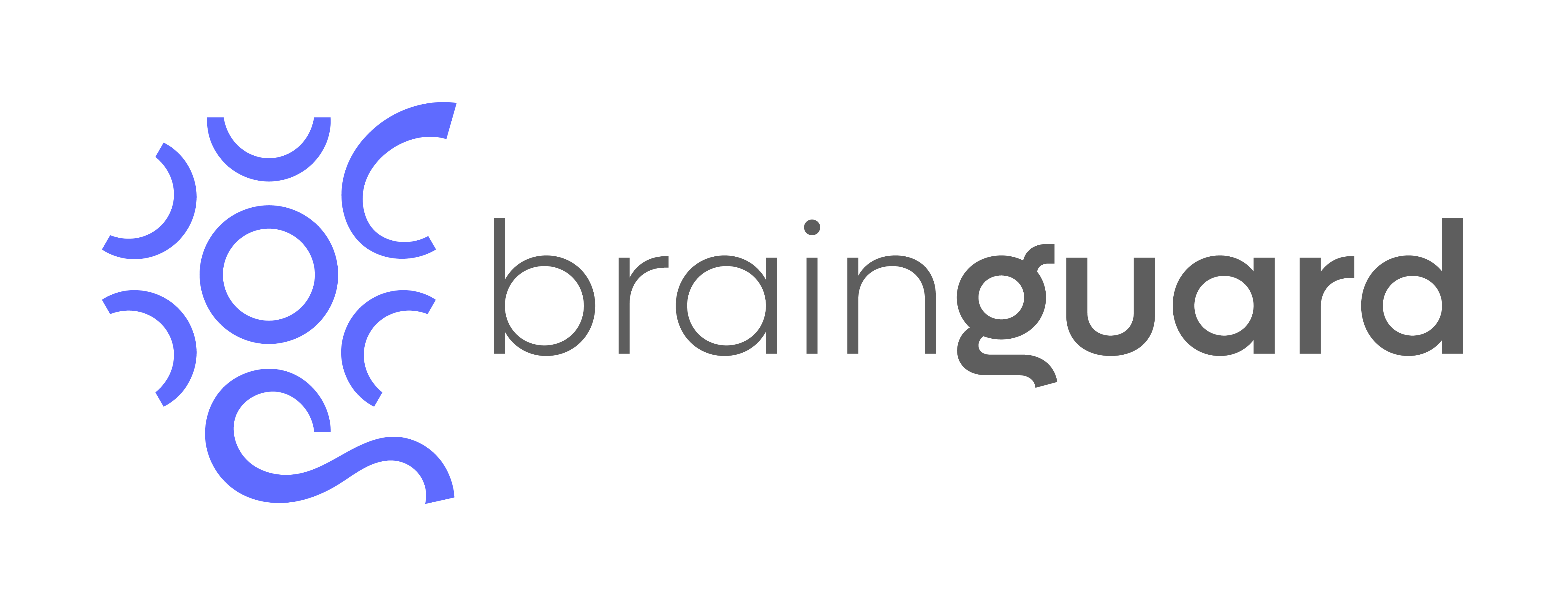There is no universally accepted definition of artificial intelligence (AI). The term in general refers to computer technologies that resemble processes associated with human intelligence. Especially, processes such as reasoning, learning, sensory comprehension, and interaction. Currently, most AI applications are very limited, in the sense that they are only able to perform specific tasks or solve predefined problems. In this Blog post, we talk about artificial intelligence applied to health.
Artificial intelligence and machine learning
AI works in a multitude of ways, based on principles and tools, including mathematics, logic and biology. Contemporary AI technologies make more and more sense to unstructured and varied types of data. Data as complex for a machine as text in natural language or image interpretation. Machine learning has been the most successful type of AI in recent years. Machine learning, is the underlying focus of many current IA applications. Instead of following preprogrammed instructions, machine learning allows systems to discover patterns and derive their own rules. These rules are learned when new data and examples are presented.
Artificial intelligence applied to health
Artificial intelligence applied to health has the potential to help diagnose diseases. It is currently being evaluated for this purpose in many hospitals. Using AI to analyze clinical data, scientific publications and therapeutic guidelines could also generate automated decisions about treatments.
Some of the uses of artificial intelligence include:
- automatic processing and decision making based on medical images,
- real-time analysis of electrocardiography and electroencephalography signals,
- the early diagnosis of neurological diseases, or
- automated surgery using robots
One of the health sectors where the application of AI techniques is most advanced is in the field of user mobile applications. In the market there are apps that use AI to offer personalized assessments of the state of health. These apps also give treatment advice in home settings. For example, the Ada Health Companion app uses AI to operate a chat-bot. A chat-bot is an artificial intelligence with which you can converse to extract information or perform actions. The Ada chat-bot combines information about the user’s symptoms with other information and offers possible diagnoses to the user. GP at Hand, an application developed by Babylon Health, is currently being tested by a team of surgeons in London.
Artificial intelligence and ambulatory monitoring
Information tools or chat-bots with AI are being used to help with the management of chronic medical conditions. For example, the virtual arthritis assistant developed by IBM for Arthritis Research UK is learning through interactions with patients to provide personalized information and advice on medications, diet and exercise.
People living with conditions such as early dementia could benefit from AI. Some initiatives are exploring ways in which AI could be used to manage robotic systems and apps to support these people. This would potentially reduce the need for caregivers and improve their quality of life.
AI apps have also been developed to monitor and support patients, improving adherence to the prescribed medication. Promising results have been shown, for example, in patients with tuberculosis. Other tools, such as Sentrian, use AI to analyze the information collected by the existing sensors in the home (or in a wearable). The objective is to detect signs of deterioration to allow early intervention and avoid hospital admissions.
BrainGuard uses advanced artificial intelligence techniques. Through a patented technology, the algorithms developed are able to learn from the symptoms of patients. This knowledge generation can be used to predict and prevent migraine attacks.
